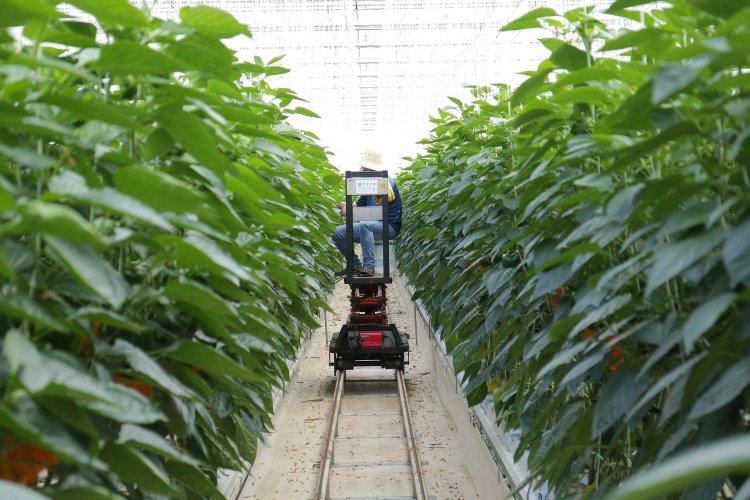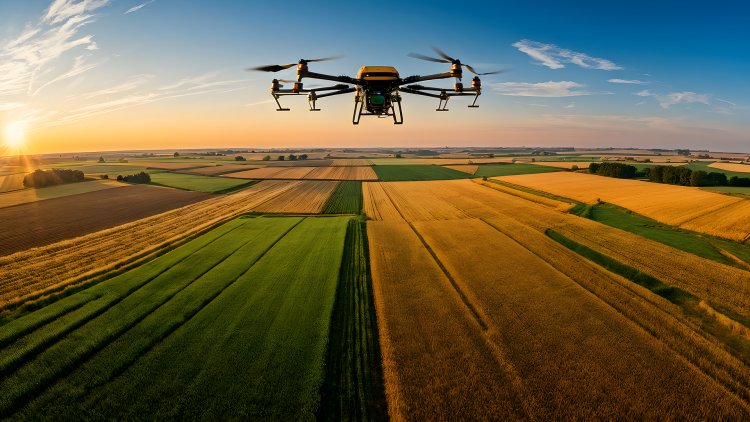Smart Farming in Africa: Smart farming can feed Africa and grow its wealth.
Explore how smart farming is revolutionizing agriculture across Africa—from AI-driven irrigation to drone-powered crop monitoring—and why this shift matters now more than ever.

Introduction: The Age of Agricultural Intelligence
Agriculture is no longer just a hoe-and-cutlass affair. Across Africa, farmers are exchanging guesswork for data, and sweat for software. Welcome to the era of smart farming—where sensors, satellites, drones, and artificial intelligence are changing the world of farming.
In a continent plagued by food insecurity, climate change, and rapid population growth, smart farming isn’t just a luxury, it’s a lifeline.
What Is Smart Farming?
Smart farming also called precision agriculture, is the use of technology to enhance agricultural processes. It combines tools like:
- Drones for monitoring crops and spraying
- IoT devices that track soil moisture, pH, and temperature
- AI-based apps for detecting pest and disease diagnosis
- GPS-guided tractors and planters for accurate fieldwork
- Data analytics platforms that help farmers decide when, where, and how to farm
This isn’t science fiction. It’s happening right now in Kenya, Nigeria, South Africa, Egypt, and beyond.

smart farming with drones...
Why we Needs Smart Farming in Africa
Africa’s agricultural sector supports over 60% of the population, yet it's underperforming. Yields remain low, losses are high, and farmers face unpredictable weather patterns.
Smart farming solves these challenges by:
- Improving productivity
- Reducing resource waste—saving water, fertilizer, and energy
- Enabling climate adaptation
- Enhancing food security—by making farming more efficient and trustworthy
- Attracting youth—by turning agriculture into a tech-savvy career
Examples from Across Africa:
- Twiga Foods (Kenya): Uses data and logistics software to link farmers directly to urban markets.
- Hello Tractor (Nigeria): A mobile app that connects smallholder farmers to tractor owners, increasing access to mechanized farming.
- Zenvus (Nigeria): An IoT-based smart sensor system that collects real-time data on soil and crop conditions.
- Aerobotics (South Africa): Provides drone imagery and AI to detect pest infestations early and target interventions.
These innovations are reducing post-harvest losses, increasing farmer income, and making African farming globally competitive.
Challenges:
Despite the promise, smart farming in Africa faces hurdles:
- High cost of technology for smallholder farmers
- Low digital literacy
- Unreliable power and internet in many farming zones
- Lack of policy support from governments
Bridging these gaps will require public-private partnerships, farmer training, tech subsidies, and rural infrastructure investment.
Conclusion: Farming with Intelligence, Feeding with Purpose
Smart farming isn’t about replacing farmers with robots. It’s about empowering them with information, tools, and precision to farm better. If Africa wants to feed itself and the world, this is the road we must take—where tradition meets transformation.
Agriculture may be as old as time—but smart farming is the future.
What's Your Reaction?





















